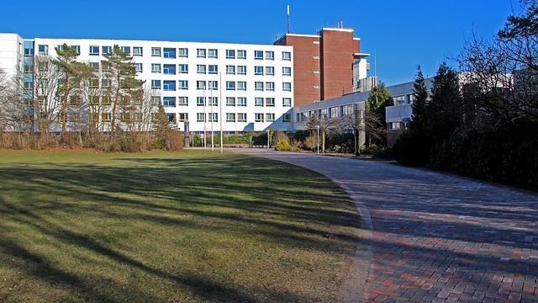When families enroll their loved ones in programs at drug treatment centers, it’s with the assumption that the facilities will provide a safe environment in which to start on the long road to recovery. Because there are dozens of strategies for combatting substance use disorders, each clinic inevitably takes its own unique approach; however, there are a few widespread beliefs within the field that have universal application.
For example, experts agree that during the earliest stages of recovery, treatment should be the patient’s primary focus. This is why inpatient programs are so popular.
When patients don’t have to contend with the stressors of everyday life, like running a household or keeping up with a demanding job, they can devote more energy to overcoming the underlying issues that fueled their addiction in the first place. This can help reduce the risk of relapse.
Experts also agree that clean and sober individuals should avoid entering into new romantic relationships during the first year of their recovery. Since everyone has their own idea of what constitutes a “romantic relationship,” it’s often easier to simply advise recovering addicts to avoid engaging in sexual activities until they’ve reached 12 months of sobriety.
While many people undoubtedly don’t wait that long if they feel a spark with someone, fostering a relationship in early recovery can threaten sobriety—and engaging in sexual activities with someone while still residing at a treatment center can be downright harmful. Relationships demand a considerable amount of time and energy, neither of which patients should be devoting to anything but their recovery.
Those battling addiction are incredibly vulnerable physically, mentally, and emotionally, and they shouldn’t be exposed to the ups and downs that come with budding sexual affairs during their inpatient treatment. For this reason, clinics have an obligation to maintain an environment in which fraternization between patients does not occur. This is founded on the belief that those in the earliest stages of recovery simply aren’t equipped to consent to sexual activities.
Unfortunately, many facilities overlook the fact that staff members can fraternize with patients, too. Even in cases where the patient consents to—or perhaps initiates—the contact, it’s wrongful for providers to engage with them.
Having relations with someone who’s considered unable to consent is a form of sexual abuse. Sadly, this kind of abuse is fairly common in drug treatment centers because the lines are so blurred between patients and staff members. Following the detox stage, for example, most patients seem fully cognizant, and if they end up growing close to a particular provider—which is not unheard of in an inpatient setting—they might attempt to foster a more sexual relationship.
When a staff member allows a patient to pursue them, the consequences are inevitably disastrous. The patient ends up suffering immensely once the affair ends, which is often enough to prompt a relapse.
In an attempt to protect patients and ultimately give them the best chance of success, the law recognizes that in certain scenarios, even allegedly consensual actions are wrongful. For example, pursuant to Section 2C:14-2 of the New Jersey Code of Criminal Justice, it’s considered aggravated sexual assault if a staff member engages in sexual acts with a patient who’s detained at a treatment center under court order. When statutes like this aren’t enough to deter those in a position of power from taking advantage, strategic attorneys can help the victims achieve justice.
Call 973-832-0841 to Speak with a Drug Treatment Center Abuse Attorney in Morristown
If your loved one was abused at a drug treatment center, turn to The Law Offices of Joseph S. Scura. For more than a decade, we’ve been holding facilities liable for the mistreatment that occurs on their premises. To schedule your free consultation with a drug treatment center abuse lawyer in Morriston, complete our Contact Form or call 973-832-0841.

